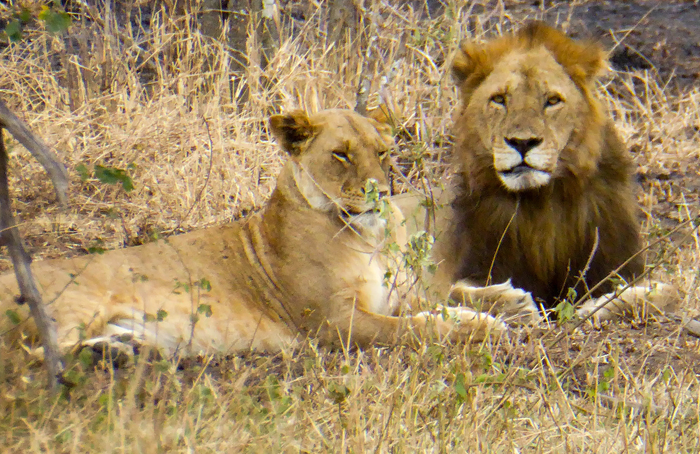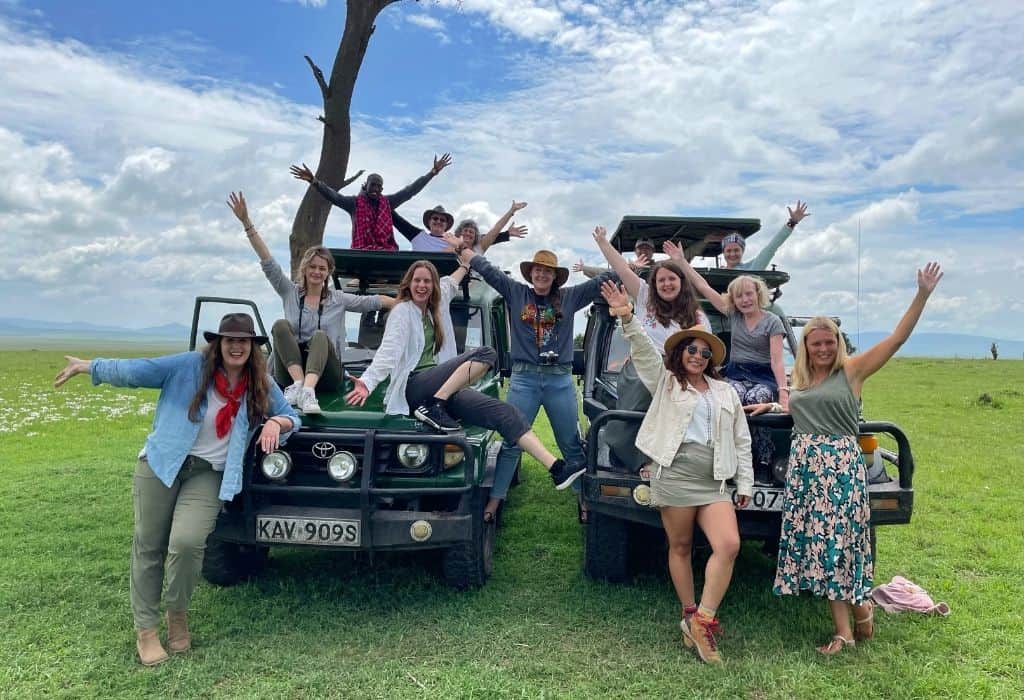Best Tips To Picking Kenya Tours And Safaris Wasini Watamu
Best Tips To Picking Kenya Tours And Safaris Wasini Watamu
Blog Article
What Precautions For Health Should I Know Before Visiting Mombasa Kenya?
To ensure you enjoy an enjoyable and safe trip in Mombasa Kenya, it is essential to take necessary health precautions. Here are the most important health concerns to consider:
1. Vaccinations
Routine Vaccinations: Ensure that you are up-to-date on routine vaccines such as measles-mumps-rubella (MMR), diphtheria-tetanus-pertussis, varicella (chickenpox), polio, and your yearly flu shot.
Hepatitis A (recommended for everyone who travels): This is caused by the risk of drinking water contaminated and eating food that is contaminated.
Hepatitis B (Hepatitis B) is recommended for those who might have been exposed to body fluids or blood, e.g. through sexual or medical contact.
Typhoid is important for anyone who stays with friends or family members travels to smaller cities, rural areas or eats adventurously.
Yellow Fever The certificate of vaccination may be required by travelers who arrive from countries that are susceptible to yellow Fever transmission. Make sure you are aware of the current guidelines.
Take into consideration rabies when you are participating in outdoor activities, like hiking, camping, and caving.
2. Malaria Prevention
Mombasa's malaria is prevalent. Ask your doctor for the most effective antimalarial medication for you.
Avoid Mosquito Bites Make sure you use an insect repellent containing DEET. Wear long sleeves and long pants during the evening and at night. You can sleep with a mosquito net if you're not in a space that is air-conditioned and protected.
3. Food and Water Safety
Avoid tap water, ice cubes and drinks that have not been sealed. Avoid drinking tap water, ice and beverages that are not sealed.
Eating well-cooked food is the best way to be safe. Avoid raw or cooked meats and seafood. Avoid eating unwashed vegetables and fruits. Avoid street food, and select reputable restaurants.
4. Diarrrhoea as a route
Hand soaps and hand sanitizers are excellent alternatives for hand washing. Beware of drinking and eating foods from sources that you are not certain about.
Meds: Carry medicines such as Lloperamide (Imodium) and oral rehydration salts. Consult your doctor about antibiotics to treat serious cases.
5. Sun Protection
Use a sunscreen with at least a 30 SPF. Reapply often, particularly after sweating or swimming.
Wear protective clothing, such as glasses, hats and sleeves with a light color to limit sun's harmful effects.
6. Hydration and heat
Avoid dehydration by drinking plenty of fluids. Avoid drinking large amounts of caffeine or alcohol, since they can result in dehydration.
Beware of overexertion: Take breaks, especially during the hottest parts of the day. Find shade and cool places to prevent heat exhaustion and heat stroke.
7. Safety and Security
Be sure to swim in areas that are designated Be aware of local recommendations about the swimming conditions, and dangers that could be present, such as strong currents.
Marine Life Awareness: Beware of harmful marine life like jellyfishes and sea urchins. Wear water shoes when you are walking in shallow areas.
8. Care and Insurance. Care and Insurance
Travel Insurance - Ensure that you have comprehensive insurance for medical emergencies, including evacuation.
Local Medical Facilities: Get familiarize yourself with the local medical facilities. Hotels with major chains usually provide information about nearby hospitals and physicians.
Bring enough medicine to last for the entire duration of your excursion.
9. Emergency Contacts
Embassy Information: Get the contact details for the consulate or embassy of your country in Kenya.
Local Emergency Numbers - Learn the local emergency number Emergency numbers include: Fire (999), Police (999), Ambulance (999).
Take these precautions to minimize your risks, and enjoy your holiday in Mombasa. Read the top rated kenya tours and safaris for more info including tour mombasa, mombasa beach kenya, kenya holiday packages, tours and safaris in kenya, safari tour, tour agents in kenya, kenya safaris, mombasa beach kenya, kenya safari and beach, tours and travel company in kenya and more.
What Are The Weather Considerations I Should Be Aware When I Am On Vacation In Mombasa?
When planning a holiday in Mombasa, Kenya, understanding the local weather patterns is essential for packing appropriately and making the most of your time. Here are the most important factors to consider when planning your trip.
1. Climate Overview
Mombasa has an arid climate with all-year-round high temperatures. The temperatures typically range from 24degC to 32degC.
2. Seasons
The hot and humid season (November through April) In this time the temperatures are extremely high, and the humidity is high. It's also a crowded tourist season, particularly in January and December.
Long Rains (April through June): The rainy season brings heavy rainfall and occasional thunderstorms. The roads can be slippery and difficult to navigate. It is low season for tourists.
The cooler season (June-October) is ideal for visiting, as temperatures are lower and the humidity levels are lower. It's a nice climate, ideal for outdoor pursuits.
Short rains (October to November) Short Rains (October - November): These are brief rainshowers that are not as intense. The rains tend to be only for a short time, but will be followed by a bit of sunshine.
3. Packing Tips
Lightweight Clothing: Bring lightweight, breathable clothing such as linen and cotton in order to stay cool in the humid weather.
Rain Gear: If you travel during rainy weather you must have an umbrella as well as a waterproof jacket as well as some shoes that are waterproof.
Sun Protection: Using a sunscreen with a high sun protection factor (SPF), a wide-brimmed cap as well as sunglasses and lighter clothing to cover your skin can help you keep your skin safe from the harsh sun.
Wearing Swimwear: Be sure to bring your swimsuit while you are at the hotel pool and beaches.
4. Weather Specific Activities
Beach Time - The best time to visit the beach during cooler temperatures (June to Oct) is when the water is calm and the weather nice.
Water Sports: The calm and clear water from November through February is great for swimming, diving, snorkeling or other water sports.
Wildlife viewing The cooler season (June to October) is a great time to go on wildlife tours and safaris, since the weather is more pleasant.
5. Questions of Health
Hydration: The scorching and humid climate requires you to drink plenty of water. Drink plenty of fluids, especially if you are spending time outdoors.
The heat-related disorder: Be aware of the dangers of exhaustion and heatstroke. Take breaks in the shade, wear loose-fitting clothing and stay away from strenuous activity during peak heat.
6. Adjustments for Travel
Rainy Season Travel: Be prepared to be faced with delays and disruptions if you go to in the season of rain. There could be road closures or restrictions regarding outdoor activities.
The delay of flights due to tropical storms and rain could cause delays for flights. Be aware of your travel plans and plan contingency plans.
7. Environmental Besorgnization
Natural hazards. Be aware of the risks associated with heavy rainfall. Be aware of local weather forecasts and follow safety tips.
Be aware of tides while planning beach activities. They can shift dramatically. Check local tide calendars for safe swimming and beachcombing.
You can plan your vacation activities in advance, pack appropriately and relax in Mombasa while staying safe by knowing the weather conditions. Read the most popular kenya tours and safaris Wasini Watamu for blog tips including mombasa tour companies, africa tours and safaris, africa and safari, kenya travel packages, safari excursions, trips to kenya safari, mombasa safari packages, tour mombasa, safari trips in kenya, afri safari and more.
What Environmental Responsibilities Do I Must Be Aware Of While I Am What Environmental Responsibilities Should I Be Aware Of When Traveling Mombasa, Kenya?
It is essential to be environmentally responsible while holidaying in Mombasa. This helps preserve the beauty and biodiversity of the region. Consider these environmental responsibilities:
1. Sustainable Accommodation
Eco-friendly Hotels: Select hotels which are sustainable. Find certifications such as Eco-Tourism Kenya or other eco-labels.
Resource Conservation: Join hotel initiatives to conserve energy and water. Reuse towels and sheets, and shut off lights and air conditioning when they are not being utilized.
2. Responsible Conservation of Wildlife
Respect Wildlife. Keep an appropriate distance from wildlife so as to not cause disturbance to them. Follow the rules set out by your guide on the tour.
Do not feed wildlife. Feeding animals could disrupt their diets.
Leave No Trace. Do not litter wildlife reserves or parks. Be sure to take all trash along and dispose of it in a proper manner.
3. Plastic Reduction
Reduce your use of plastics by avoiding single-use plastics. Carry a reusable water bottle as well as a shopping bag and the utensils.
Support local initiatives: Take part in beach cleanups and support organizations that work to reduce the amount of plastic pollution.
4. Water Conservation
Mombasa is suffering from water shortage. Shut off the faucets and take a shower that is shorter.
Eco-Friendly Product: Reduce the impact of water pollution using biodegradable, sustainable products.
5. Energy Conservation
Reduce energy consumption. Limit the use of air conditioning, and unplug all electronic devices when they are not in use.
Support Renewable Energy: Choose accommodations and tour operators that use renewable sources of energy.
6. Sustainable Transportation
Public Transport: Make use of public transportation, such as matatus or buses, when possible to reduce the carbon footprint.
Eco-Friendly Options: Consider hiring bicycles, or walking short distances. There are some areas that offer eco-friendly tuk tuks.
7. Supporting Local Economic Development
Buy locally: To support the local community, purchase souvenirs, food items, and crafts from local vendors.
Fair Trade: Select fair-trade products that are certified to ensure that local farmers get fair compensation.
8. Environmental Education
Learn and share. Be aware of local environmental issues and conservation efforts. To increase awareness to the issue, share what you've learned to others.
Respect Local Cultures : Be aware of and respect local traditions, practices, and beliefs related to conservation of the environment.
9. Marine Conservation
Responsible Snorkeling and Diving: Beware of touching or stepping onto coral reefs. Use non-toxic, reef-safe sunscreen to protect marine wildlife.
Do not throw trash into the sea. Join or help in marine conservation programs.
10. Ethical Souvenirs
Beware of Wildlife Products. Avoid purchasing products made from endangered species. For instance, tortoiseshell and ivory.
Sustainable Materials: Select items made of sustainable or recycled materials.
11. Participate in conservation Activities
You can consider volunteering for community tourism or conservation initiatives.
Donate to local non-governmental organizations. Donate money to NGOs or conservation organizations that are working to safeguard and conserve the environment.
12. Responsible Travel practices
Small groups of travelers can minimize environmental impact.
Eco-Tours: Choose tour operators that are dedicated to eco-friendly and sustainable practices.
Remember that these obligations will assist you preserve the Mombasa's precious natural resources and preserve the beauty and variety of the region for the next generation. View the recommended kenya tours and safaris Wasini Watamu for site info including tour mombasa, kenya safaris, tour and travels, mombasa packages, kenya safari holiday, travel tour companies, safari trips in kenya, african safari tours, tour and travel company, mombasa travel agency and more.